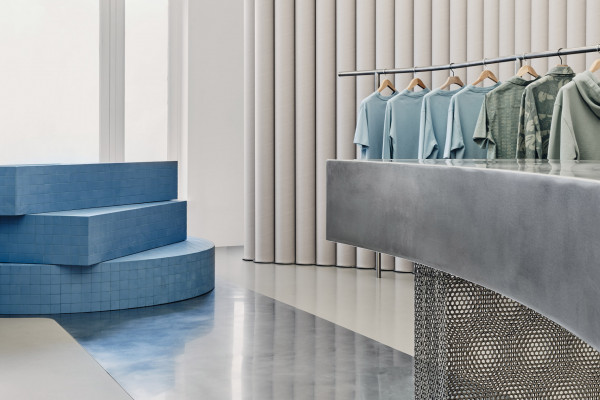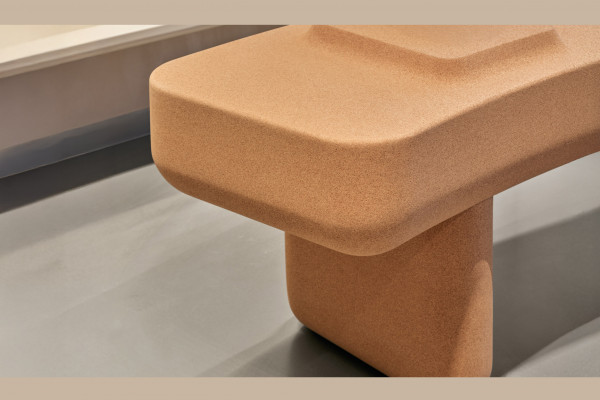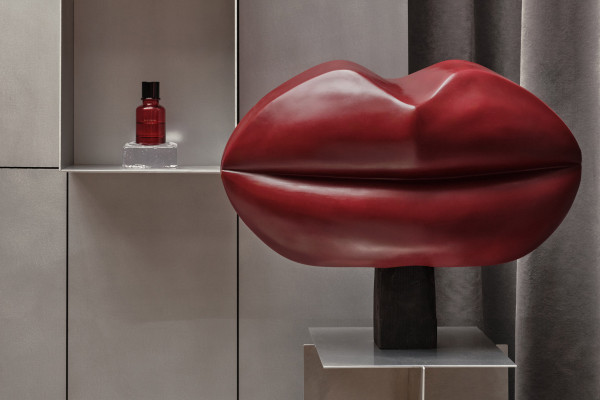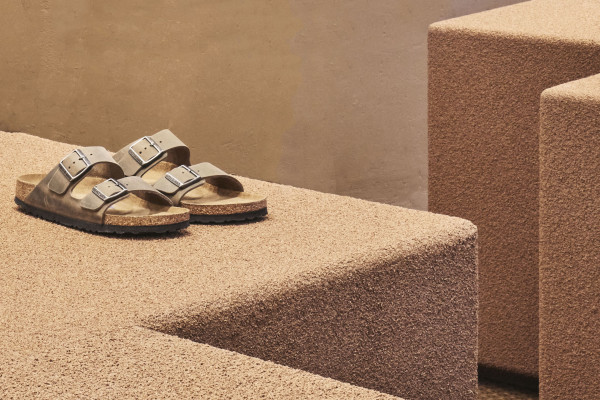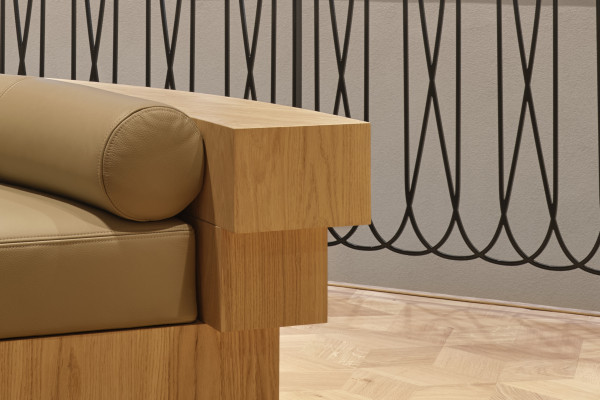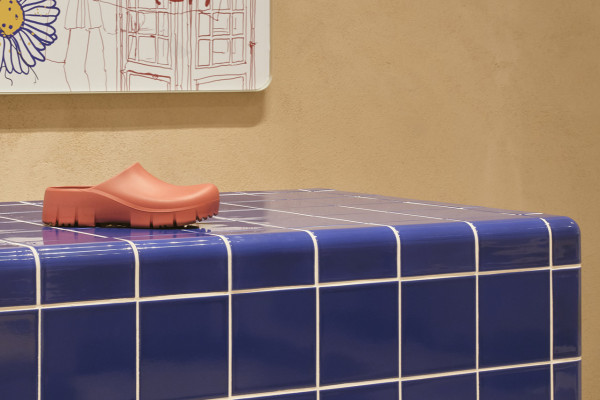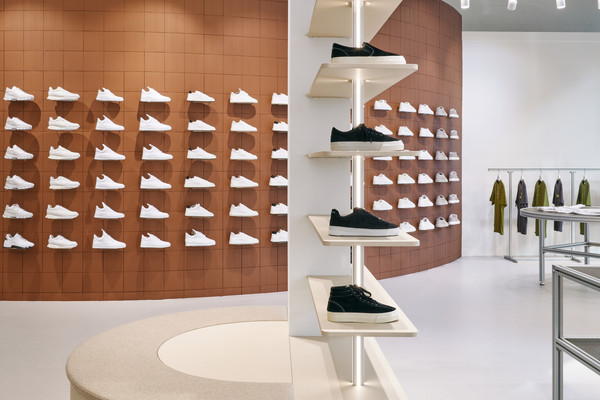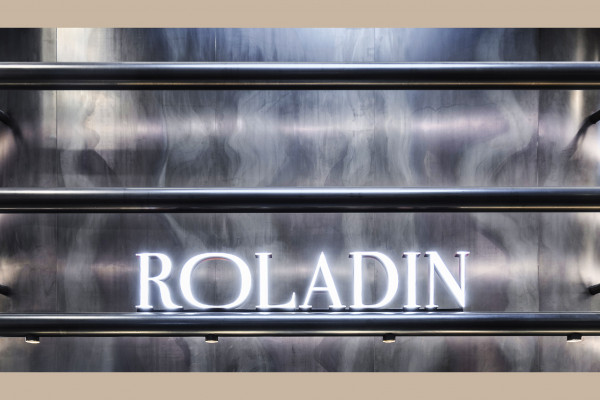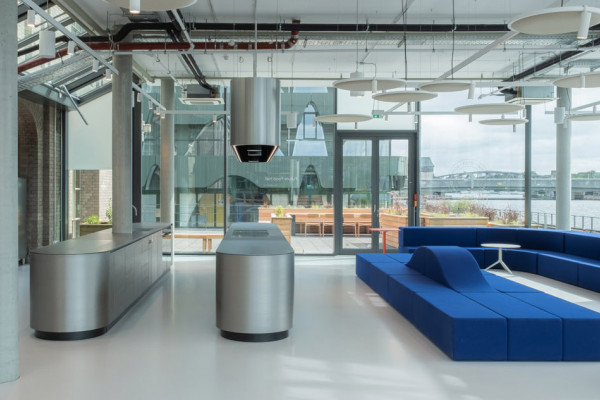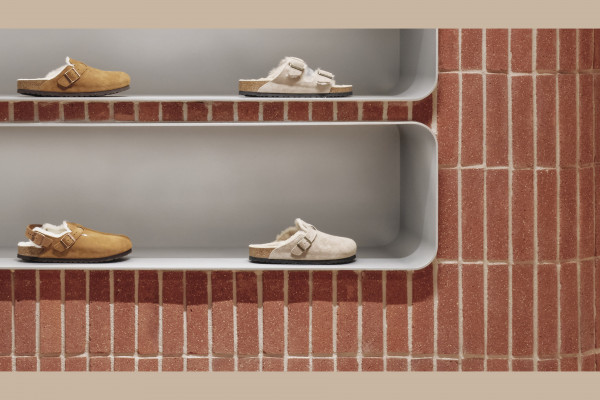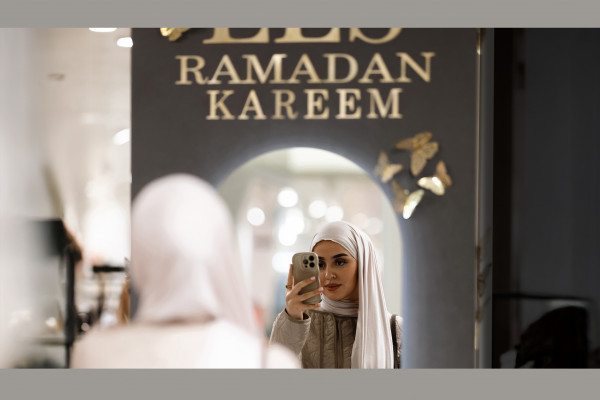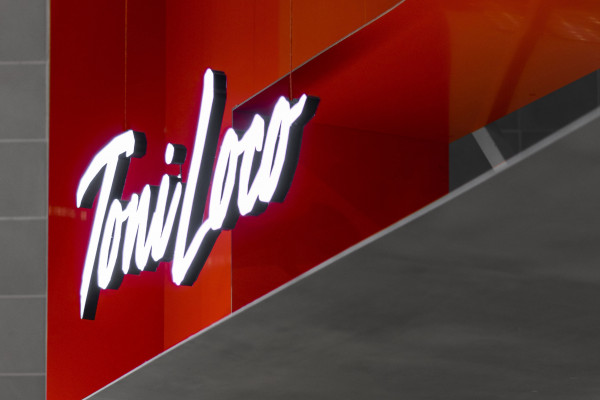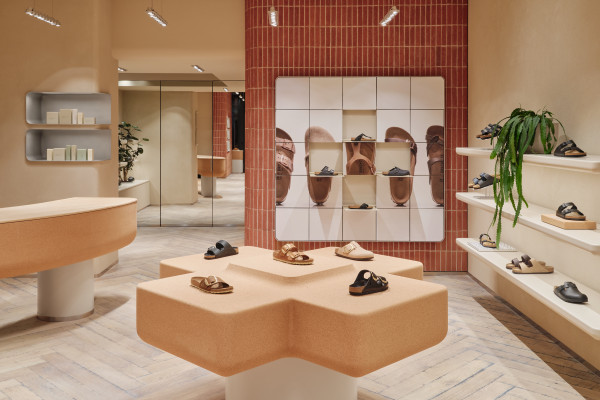Carbon Studio
Johan van Hasseltkade 205B
1031LP Amsterdam
https://www.instagram.com/carbonstudio.eu/
mail@carbon-studio.eu +31 6 22692976 ImprintCarbon Studio
Johan van Hasseltkade 205B
1031LP Amsterdam
https://www.instagram.com/carbonstudio.eu/
mail@carbon-studio.eu +31 6 22692976 ImprintCARBON STUDIO TRIGGERS AUTONOMY
Carbon Studio is an Amsterdam-based strategic spatial design agency, operating from the premise that space should not prescribe behaviour, but enable it. We design freedom.
Triggering autonomy means listening closely to who you are and uncovering what is essential—then carefully translating your identity into powerful spatial experiences that are deeply physical, tactile, and human.
In a world increasingly absorbed by screens, materiality is an essential counterbalance. For us, materiality is not decoration, but a carrier of identity, structure, and intent. Through research and engineering—paired with originality and culturally informed design thinking—we craft environments that enable genuine human interaction and deliver expressive tactile experiences.
Founded in 2017, Carbon Studio is led by Pieter Kool, whose work ranges from large-scale international retail, workplace, and hospitality programmes to bespoke, detail-driven projects. Pieter worked at G-Star RAW from 2004 to 2017, where he later served as Global Creative Director 3D Design & Development and led the design of over 1,000 stores and shop-in-shops worldwide, as well as more than 40,000 m² of office environments and numerous trade-fair pavilions. Pieter also works as a consultant for brands and regularly delivers keynotes on spatial identity, materiality, retail, and workspace design.
Clients
Ace&Tate
Ace Agency
Bugaboo
Barts
Birkenstock
BMW
Bugaboo
Coef Men
Columbia
G-Star RAW
Le Smash Burgers
Nike
OMA - Office for Metropolitan Architecture
Secrid
Scotch & Soda
The Butcher
The Entourage Group
Timboektoe
Toni Loco Pizza
Van Moof
Vitra
The Olaf Hussein team are a group of urban, diverse and friendly people: passionate about streetwear, but valuing genuine connections over bland coolness. Their pursuit of freedom and togetherness is expressed in the brands’ fresh spatial concept for their headquarters. The interior design draws inspiration from the relationships within the team, emphasizing togetherness, and the brand's commitment to sustainability, resulting in a modular, friendly minimalist aesthetic.
As the Olaf team is young and fast growing, the Headquarters is in a condition of continuous adaptation and reconfiguration to adapt to the changing size and needs of the teams. Consequently we approached the workspace as a set of versatile tools rather than an static interior. We envision the office as a dynamic platform, and we design the rules that allow for effortless change. The primary tools we employ are: cardboard tubes and CNC milled multiplex sheets, which can be assembled into self-supporting structures, creating desks, tables, room dividers, seating, and even walls.
The standout features of the office include a 25-meter-long work table, the wavy room dividers and the impressive 8-meter-long communal table; all designed to encourage togetherness and foster interaction, aligning perfectly with the modern office's objectives. At the Olaf office there are no solitary, dedicated desks: ; instead, the lengthy, curvaceous table accommodates varying occupancies, 5 people can work there – without feeling ‘most desks are empty’ - just as well as 20. We consider this non-binary approach crucial in shaping contemporary workspaces.
Cardboard, a truly circular material, is consistently sourced locally, and discarded cardboard effortlessly transitions into new, recyclable cardboard. The round shape of the tubes inbues them with structural strength while minimizing material usage. When configured in a wavy sequence, the room dividers become self-supporting structures, while remaining lightweight. Consequently, the resulting elements are easy to move around, extend, reconfigure etc. The same principle applies to the supports of the desks, tables, and seating, all designed with the next, yet unknown, update in mind. The economic, flexible and sustainable qualities of the cardboard tubes, combined with the tactile appeal of their round and soft textures, fit well with the ‘friendly minimalist’ ethos that defines the brand.
photography: Maarten Willemstein
